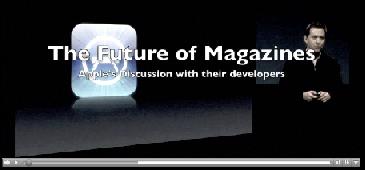As we see more retail evolution in our space – OFIS closing, Officeworks tweaking their model, others moving in and out of products newsagents sell – our role as independent retailers will change. Or, at least, there is opoportunity for us to embrace change. While our major competitors will play more with house brands, we can embrace known brands, brands which are advertised widely, brands which can help newsagents grow stronger retail businesses.
I suspect that from a consumer perspective we are entering a time where brand matters more and where cheap China imports are not as sought after by customers and some newsagents as they used to be?
I was talking with a newsagent yesterday who for several years has purchased cheap Chinese stationery and gift related lines for his shop. He has merchandised these as you would see in a discount store. He enjoyed making money from cheap tennis balls and trinkets.
Since things got tougher economically, sales of this cheap China product have fallen. I think it is because consumers are felling cheap in pursuit of value. Value comes from known brands. Newsagents I speak with who have a solid brand strategy are finding stationery sales good – holding their own or even growing.
I’d expect to see newsagents who have focused on cheap China product to shift focus this year and join the brand-based movement. There is excellent research indicating that consumers flee to known brands in tough times.
I am glad that for ink and toner I’ve only focused on brands like HP, Canon, Epson and Brother and that for stationery I have focused on Post-It, Scotch, and other brands well-known and regularly advertised to consumers.
We are seeing that we can compete with branded product. The more we embrace brands as a channel the better our negotiating position – there are only so many wholesalers through which we purchase after all.
We have found a good storage place at the counter for the boxes of AFL team cards which arrived on Friday. We have 100 boxes to move so the under-the-glass display acts as advertising as well as functional storage.

